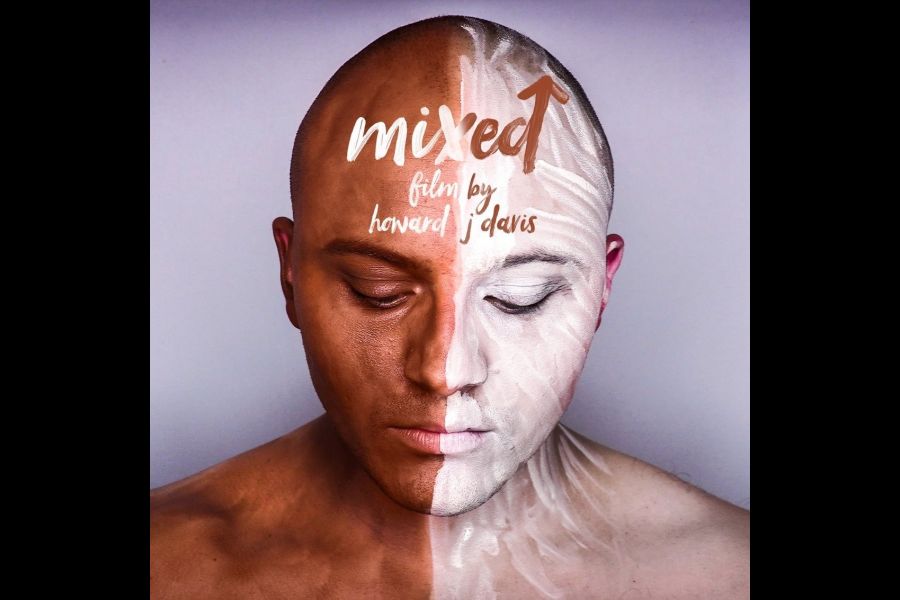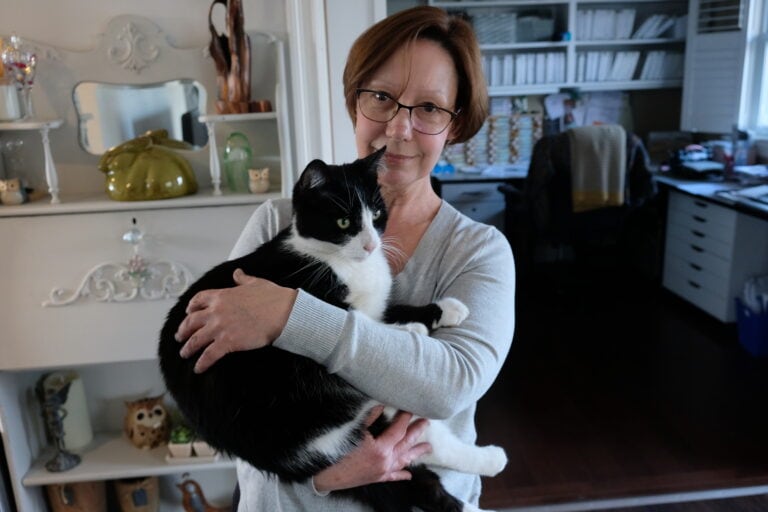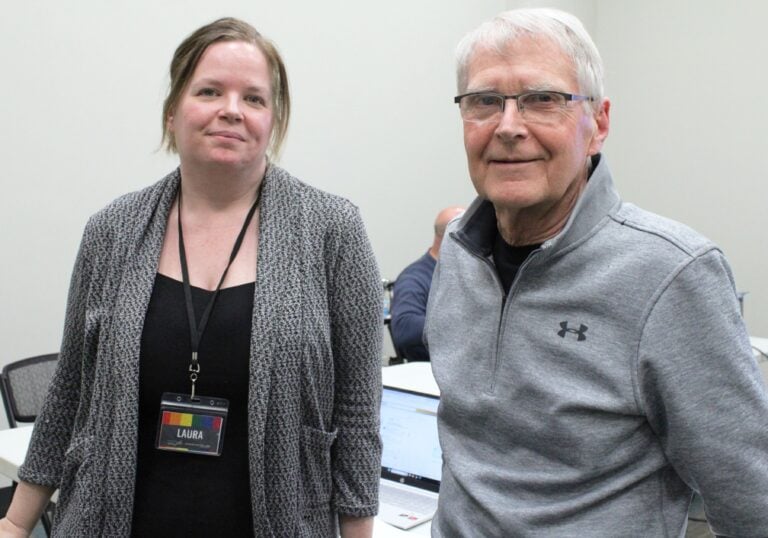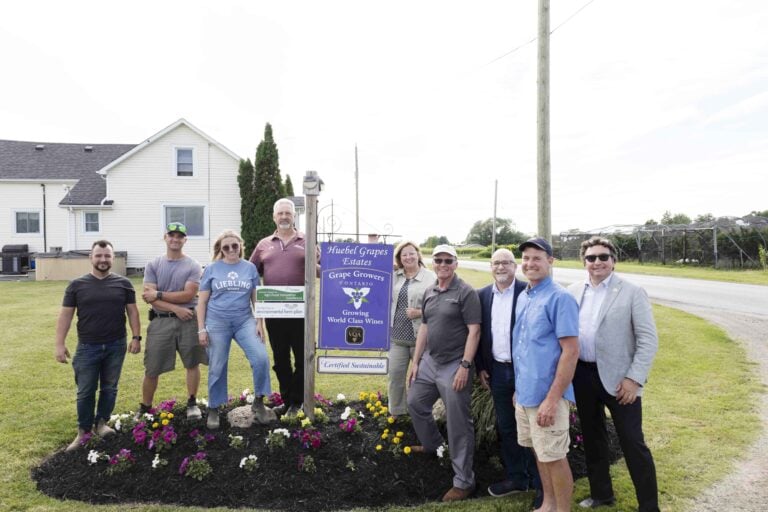Niagara-on-the-Lake filmmaker and Shaw Festival actor Howard Davis a.k.a. Haui hopes his new movie will help to celebrate the differences in people.
Davis released his feature-length film “MixedUp” on Amazon Prime, OutTV and Apple TV last Wednesday.
The movie is an arthouse film, Davis said in an interview the day before its release, and follows his journey being queer and mixed race.
“It explores my personal story around finding inner cohesion in a world that's socialized around constructions of race and gender and orientation. And, as a mixed male, I ask a lot of questions in the film and really demand that we celebrate the beauty of difference.”
He said the movie challenges the antiquated idea that being of mixed race is abnormal.
“The film really is sort of a manifesto of sorts that asks that we celebrate the beauty of difference and help normalize the existence of being queer and being mixed.”
During the film, Davis interviews other people who have similar experiences with being mixed, including Indigenous actress Tantoo Cardinal and another Shaw Festival, actor Thom Allison.
“I interview many people just to sort of make sure people realize that to be mixed doesn't just mean you are within the binary of being Black and white, you can be mixed within many cultures,” Davis said.
The documentary also explores Davis' biological history.
Davis first came to NOTL to work for the Shaw Festival in 201, and has since acted and designed for the theatre company.
“I've stayed rooted in Niagara-on-the-Lake. I haven't been there every season. But I've worked across Canada and in theatre, and I'm a filmmaker as well.”
Davis said the film touches on his own “eternal struggles.”
“A lot of people will look at me and just assume that I'm white, because I pass and so it's really, without trying to be didactic to audiences, it's trying to share with an audience that blackness comes in many shades. And really, it's something that people need to learn about more, because for years, people have assimilated into a dominant white culture to survive. And we're learning now that that's not the case. We need to actively pursue fighting racism.”
“There's a lot of visual metaphors that help dramatize that struggle. And also, the flip side of that, there's some visual ways that I emulate the joys and the beauties of being mixed as well.”
One of the struggles he faces personally, he said, is people not accepting him as Black.
“Admittedly, that is something that does happen when you are, quote, unquote, between worlds … I do get a lot of people that go, 'Well, what do you know, you're not really Black.' And I have to, because my skin can always speak for me, I have to find other ways just to inform people that you can't say things like that, because it erases my experience and many, many other people's experiences.”
Davis said it's important for him to share the film with the Niagara community, because of its Indigenous and Black history.
“Part of me wanting to share this with the Niagara community is because we can often feel isolated from subjects of racialization. And, you know, in this town alone, most racialized artists, or most racialized people are either working at the Shaw Festival or they're field workers,” Davis said.
“So, there is a huge divide in this community, I find. And the irony is where we're on a rich soil of Black and Indigenous history. Harriet Tubman was here. This was where the Underground Railroad came and arrived. And, unfortunately, a lot of people don't know that. So, I really would stress that there's an educational revolution that needs to happen in this region. And I would just urge people to embrace that rather than erase it.”
He said, in a way, the pandemic has helped with the film's underlying message.
“I'm excited to see how we transform out of it, rather than going back to the way things were — I really don't want that to be the case. You know, you hear people go, 'Oh, we'll be back to normal soon.' And I go, 'Well, actually, couldn't we take this pause to really be conscientious about how we move forward?' “
“And that's also a big part of the film as well, is how do we collectively, I don't want to say forgive and forget — how do we forgive and remember, but move forward conscientiously?”
“We also are part of a festival called Image+Nation, which is out of Montreal, and it's Canada's oldest queer film festival. And if people want to find out more information, they can go to mixedup.ca.”











